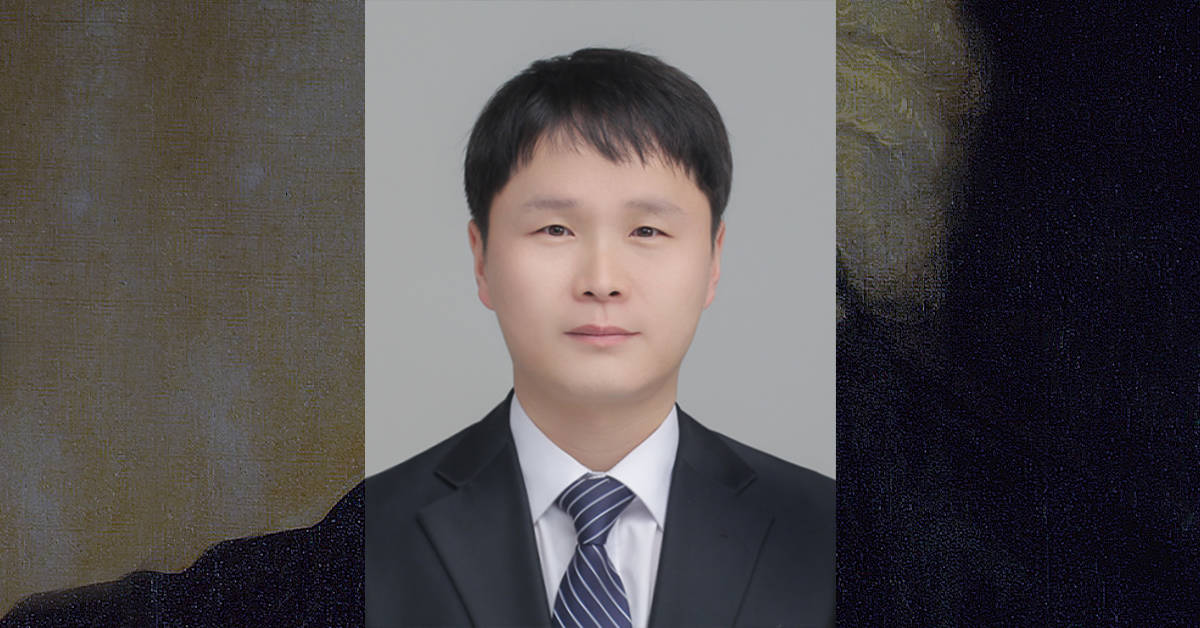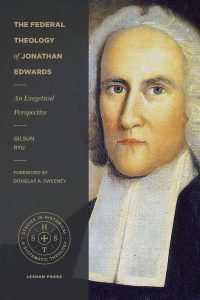
This week we are highlighting five new volumes in the Studies in Historical and Systematic Theology (SHST) series recently published in July. Today we interview Gilsun Ryu about his new book, The Federal Theology of Jonathan Edwards: An Exegetical Perspective.
Lexham Press: What sparked your interest in Jonathan Edwards and this topic in particular?
Gilsun Ryu: At first, I was moved by Richard A. Mullers’ teaching that the Reformed theologians in the late sixteenth and seventeenth centuries considered the covenant of works as a consequent doctrine, recognizing the close relationships between theology and the Bible, and between doctrines and the Christian life. I quickly assumed that Jonathan Edwards would have a similar perspective on federal theology. In this regard, I had a great opportunity to meet Douglas A. Sweeney who taught me the importance of Jonathan Edwards’ exegetical works.
LP: What can we learn from Edwards as an exegete?
Ryu: Edwards loved reading the Bible, and identified the Bible as his most important source for the Christian doctrines and life. Focusing on theological meaning, he sought to understand how the Word of God comes true in the history of redemption, urging his people to live their lives for the glory of God. In doing so, his exegesis points toward a unity of theory and practice, theology and piety, faith and love, offering wisdom for our contemporary church.
LP: What contribution do you hope to make with this book, and what do you hope readers take away from it?
Ryu: I hope this book addresses a small part of the question of federal theology and exegesis. Thus far, no scholarly work has attempted to uncover the relationship between them. I hope readers would find Edwards’ interest with his exegetical consideration of the biblical doctrines, as well as the meaning of true religion, and they would be provided an opportunity to think of the importance of the Bible, the Christian life, and sanctification.
LP: How is Jonathan Edwards relevant for today?
Ryu: As Dr. Sweeney noted, Edwards lived in a different world from our own. However, Edwards offers wisdom for the church which faces extreme challenges from rationalism, liberalism, and postmodernism. To illustrate, today’s antagonism toward the church would consider that Reformed theology is a dry and outmoded philosophy, and tends to be doctrinal or polemical. However, contrary to the allegations of the above appraisal, Reformed theologians like Edwards attempted to show federal theology in practical relevance for the Christian life. What about pluralism which argues that all the religions are really saying the same thing? This question leads to the next question of the foundation of the Christian faith. In response to this question, Edwards would consider the answer to be the Bible as the revelation of God himself. In this sense, Edwards could be a role model for maintaining and living the Christian faith and life.
The Federal Theology of Jonathan Edwards
Jonathan Edwards is remembered for his sermons and works of theology and philosophy—but he has been overlooked as an exegete. Gilsun Ryu’s The Federal Theology of Jonathan Edwards explores how exegesis drove Edwards’s focus on the headship of Christ as second Adam—and likewise formed a foundation for his broader theological reasoning and writing, especially on Christ and the covenants.
John Bolt, emeritus professor of systematic theology, Calvin Theological Seminary, says that Ryu’s work is “a landmark study in the scholarship of federal theology in general and Edwards scholarship in particular” and “a valuable book for preachers and students of Scripture as well as scholars.”








